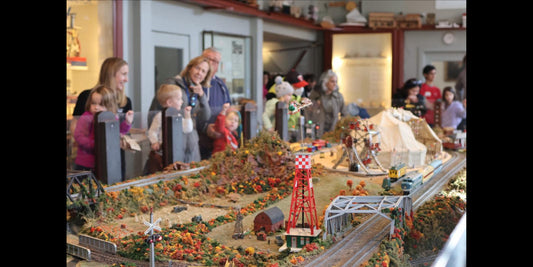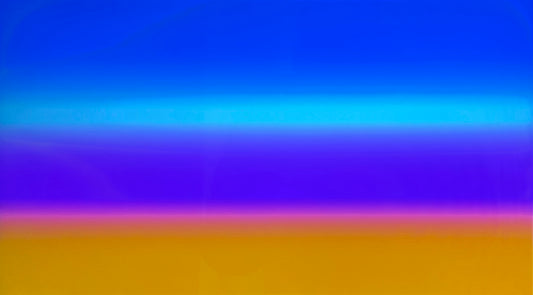Heading west on Water Street from Olive, with a long highway embankment on the left, you pass shuttered Mexican restaurant Cancun’s, its stucco blue trim now accenting plywood-covered windows. Beneath them, someone’s spray-painted “145 Water Demo” in white, marking the building for demolition.
Past that’s the side of a power substation, a tall, rusted, chain-link gate rising between you and a network of metal poles, girders, pipes and coils. Posted warning signs make it clear enough to steer clear.
sponsored by
Next to that, however, are signs that implicitly invite lingering: eye-popping blasts of shape and color on one, two, three, four, five, six adjacent walls, like two merlons of a parapet with a drive-in crenel. Graced with graffiti good enough to make doubters rethink the art form, the first things you see are large tags with icy blue letters edged ruby red; golden yellow ones given a subtle techno-camouflage; and characters containing a fluid rich purple surrounded by bubbling dark blue-green, like a viscous plume making its way through deep ocean.
Passing by, you might even see the artists themselves, who often return to spray up something new. A few Wednesdays ago, Eric Mikita—a.k.a. Cers, and the owner/operator of Keys on Kites Tattoo & Gallery in Westville—was there with a come-and-go crew of four or five others. Midway through an elaborate tag, he mentioned that the owner of the property has given them his blessing, and that the artwork is constantly changing. Once a piece has been up for a while, another painter comes along and slaps a solid coat of color over it, then goes to work creating something fresh, vestiges of the old paint hiding in cracks here and there.
sponsored by
For the artists, there’s immediate commitment to, but ultimate detachment from, the work. They’re caring, but they’re also sharing—with each other, and their city.
Written and photographed by Dan Mims.









